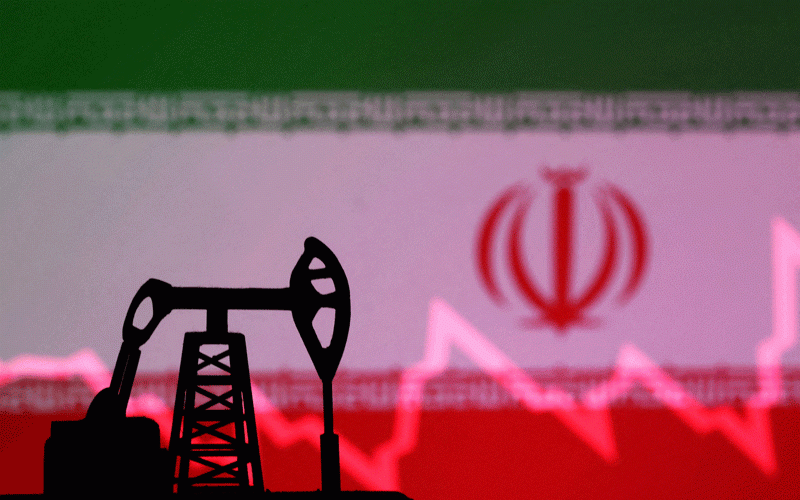
LUSAKA, Oct 10 (Reuters) - Zambia's health ministry on Thursday reported the country's first case of mpox, without disclosing which variant had been recorded.
The World Health Organization in August declared mpox a global public health emergency for the second time in two years, as a new variant of the viral infection spread from Democratic Republic of Congo to neighbouring African countries.
The new clade 1b strain has caused global concern as it seems to spread more easily though routine close contact.
Zambia's first mpox case was detected in a 32-year-old Tanzanian national who arrived in Zambia in early September, before travelling around the southern African country and developing symptoms including muscle aches, fatigue and a sore throat on Oct. 2.
"Given the patient's extensive travel history and interactions at multiple points in Zambia, there is heightened risk of local transmission and potential cross-border spread," the health ministry said in a statement, adding that contact tracing was underway.
The male patient is being treated at a rural health centre.
"We have intensified risk communication and community engagement in all the areas that the individual had passed through since he entered Zambia. Our surveillance and response teams across the country remain on high alert for any further cases of mpox," the health ministry statement added.
Mpox typically causes flu-like symptoms and pus-filled lesions. It is usually mild but can kill.
- Africa has world's highest suicide rates - WHO
- Gambia police link child deaths to cough syrup imported by U.S. firm
- COVID disrupted measles vaccinations in Africa and now cases are surging
- Ebola vaccine candidates arrive in Uganda for trials











